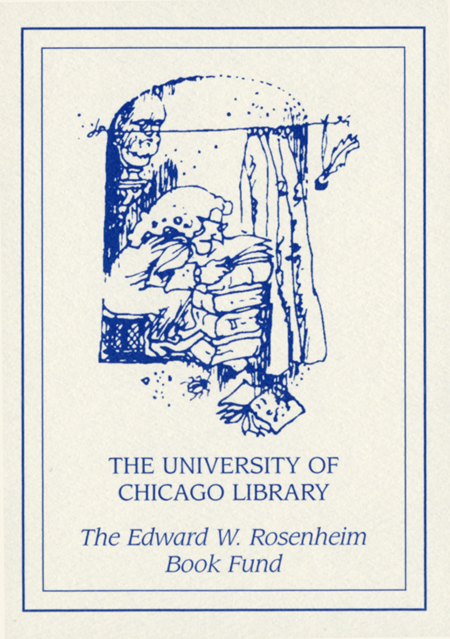Review by Choice Review
Rigney (comparative literature, Free University of Amsterdam) opens this fascinating, persuasive study by defining the features of history writing as "compromise, failure, provisionality, and dissatisfaction." Asserting that such shortcomings "are not a mere byproduct of history but one of its structural and distinctive features," she states that "it is chronic imperfection that distinguishes history from literature." Rigney argues that the current interest in the boundaries between fiction and history results both from the "linguistic turn" in historical theory in the past two decades, which emphasized the constructed nature of history, and from the increasing influence of filmmakers and novelists on notions of received history. Rigney devotes the heart of her book to three case studies. First she traces the issue of hybridity in the work of Walter Scott, the putative father of historical fiction, with a focus on his novel Old Mortality. Next she turns to a group of French historians, notably Jules Michelet, to reflect on the feasibility of representation. Finally, Rigney explores Thomas Carlyle's opus in relation to the "boundlessness of the past, its inaccessibility, and its unintelligibility." Rigney's dense and illuminating footnotes and her extensive bibliography testify to the research she undertook in literary and historical theory and in contemporaneous and contemporary criticism. Graduate students; faculty. E. R. Baer Gustavus Adolphus College
Copyright American Library Association, used with permission.
Review by Choice Review

